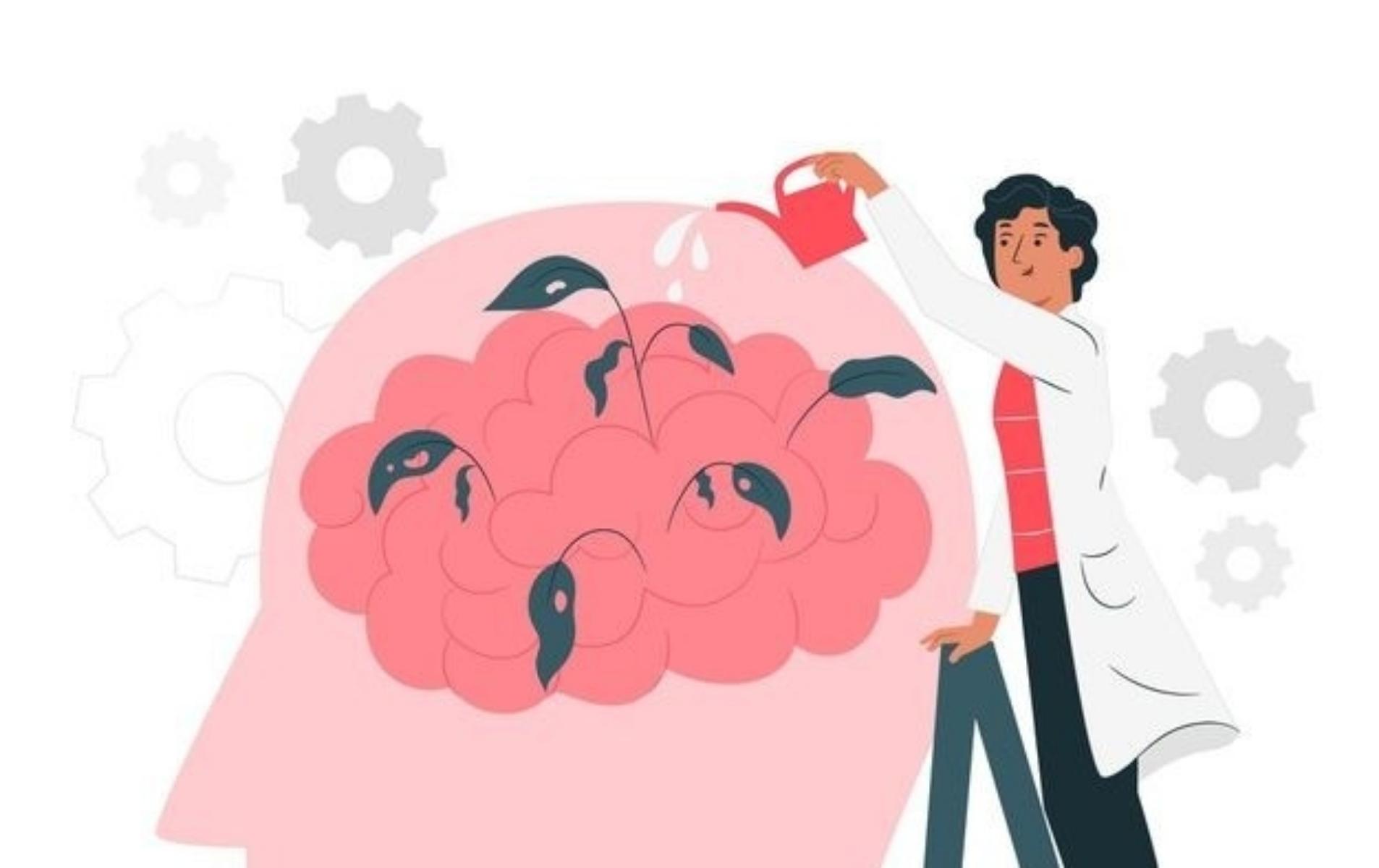What happens in the brain when we learn?
Neuroplasticity is the mechanism that produces learning. Each person’s capacity for learning is determined both by genetics and by education. For example, each person’s IQ will, for the most part, be determined by genetics, but intellectual effort can also affect the plasticity of the brain and one’s abilities.
Even if you have a genetic predisposition for learning, it will be nothing more than potential if you don’t know how to develop it. If you don’t use it, not only are you not developing it, but you’ll also lose the possibility of doing so.
27
155 reads
The idea is part of this collection:
Learn more about psychology with this collection
The importance of physical activity
The role of genetics in lifespan
How to maintain a healthy diet
Related collections
Similar ideas to What happens in the brain when we learn?
The Growth Mindset in the Workforce
Your success in the workforce is heavily dependent on whether you are able to keep an open mind, have the capacity to hone your skills and develop new ones, and how you approach tasks whether they may be challenging or not.
It is largely determined by one's abilities to be able to learn f...
Living In The World Of "Good Enough"
The reason that most people don’t possess extraordinary physical capabilities isn’t because they don’t have the capacity for them, but rather because they’re satisfied to live in the comfortable rut of homeostasis and never do the work that is required to get out of it.
Minimizing The Brain Drain Caused By Your Devices
- Whether you are using it or not, be aware of how much of your conscious thoughts are occupied by your devices.
- Take your devices out of your sight and keep it so while you need to be productive.
- Take notes by hand if possible. Studies show that wri...
Read & Learn
20x Faster
without
deepstash
with
deepstash
with
deepstash
Personalized microlearning
—
100+ Learning Journeys
—
Access to 200,000+ ideas
—
Access to the mobile app
—
Unlimited idea saving
—
—
Unlimited history
—
—
Unlimited listening to ideas
—
—
Downloading & offline access
—
—
Supercharge your mind with one idea per day
Enter your email and spend 1 minute every day to learn something new.
I agree to receive email updates


